
Mr. Nguyen Tuan Hong shared at the seminar - Photo: C.TUỆ
Mr. Nguyen Tuan Hong - Bac Hong Safe Vegetable Production and Consumption Cooperative ( Hanoi ) - shared this at the discussion "Covering the loophole of 'dirty vegetables' entering schools and supermarkets" organized by Nong Thon Ngay Nay/Dan Viet newspaper on the afternoon of September 24.
Mr. Hong said the cooperative was established in 2002 with 60 members, and up to now only has 5 hectares of vegetables grown according to VietGAP standards.
The reason is that the cost of VietGAP vegetable area is very expensive because of land rent and labor. The investment in roads and greenhouses is up to billions of dong but production is not profitable.
With 30 hectares of safe vegetables, the cooperative also faces many difficulties. People are reluctant to record production diaries, so the cooperative has to form a group of 10 cross-managed households to manage and supervise production.
Meanwhile, the cooperative's vegetable supply to schools and industrial kitchens is mostly through intermediary companies.
"It is very difficult for cooperatives to directly bring VietGAP and safe vegetables to schools because they do not have relationships. Most of the time they have to go through intermediaries, leading to low profits for producers," Mr. Hong shared.
From the perspective of a grower, Mr. Hong hopes that authorities and schools at all levels need to step up propaganda to the people and parents so that they should choose seasonal vegetables in the North.
"Schools must also have menus a week or half a month in advance so that vegetable producers can proactively supply... Thus, when there is a production plan, it must be linked to a consumption plan to easily control the origin and quality," Mr. Hong added.
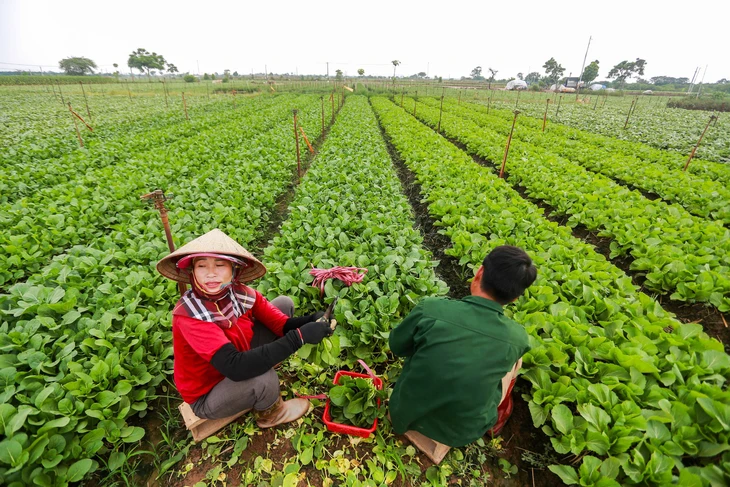
Farmers in Me Linh (Hanoi) harvest vegetables - Photo: C.TUỆ
Ms. Tran Thi Dung - Vice President of the Vietnam Consumer Protection Association - pointed out that regulations already exist, but the management organization according to those regulations is still fragmented and has systemic loopholes.
"The current situation is not only that children but we - consumers - still eat 'dirty vegetables' every day. Even in supermarkets, there are vegetables of unknown origin smuggled in. This is a concern that needs to be taken seriously and reorganized from production to circulation," said Ms. Dung.
Citing experience in the EU and the US, Ms. Dung said they train managers first, then train practitioners and then advise growers, producers and managers.
"I think Hanoi is capable of managing it, the problem is whether it can be reorganized or not. We should not expect to have safe vegetables today or tomorrow, but if we start working today, we will have clean vegetables in just 3 years," said Ms. Dung.
Hanoi has only over 400 hectares of VietGAP vegetables.
Mr. Ta Van Tuong, Deputy Director of the Hanoi Department of Agriculture and Environment, said that the demand for green vegetables in Hanoi is up to 1.3 million tons per year. However, the vegetable area in the area is only 33,000 hectares, with an output of about 735,000 tons per year, meeting 60% of consumer demand.
According to Mr. Tuong, in recent years, Hanoi has paid early attention to developing safe vegetable growing areas, but up to now the area of VietGAP vegetables is only 400 hectares - a modest number compared to actual demand.
"Small-scale, fragmented production organization lacking legal status is the biggest bottleneck," Mr. Tuong stated.
He believes that the sustainable solution is to promote the development of cooperatives and businesses with full legal capacity to form value chains - from production, processing to consumption.
When production is linked to branding and legal responsibility, actors in the chain will automatically care about quality, traceability and risk reduction.
Source: https://tuoitre.vn/hop-tac-xa-kho-dua-truc-tiep-rau-vietgap-vao-truong-hoc-vi-thieu-quan-he-20250924220318946.htm








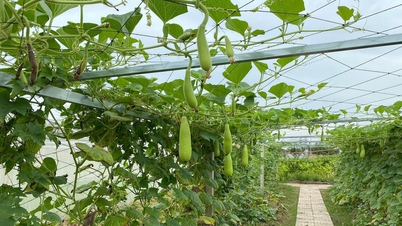



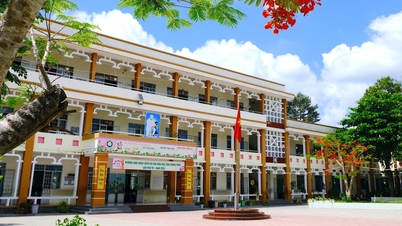


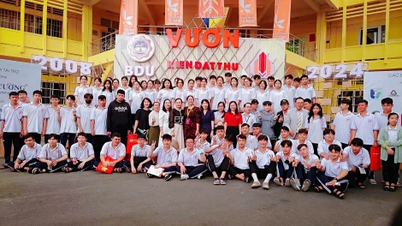




















![[Photo] Soldiers guard the fire and protect the forest](https://vphoto.vietnam.vn/thumb/1200x675/vietnam/resource/IMAGE/2025/9/27/7cab6a2afcf543558a98f4d87e9aaf95)






























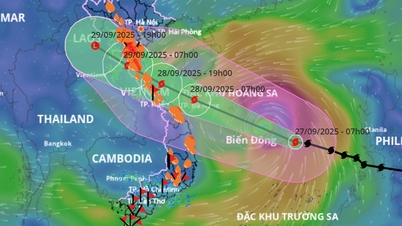






























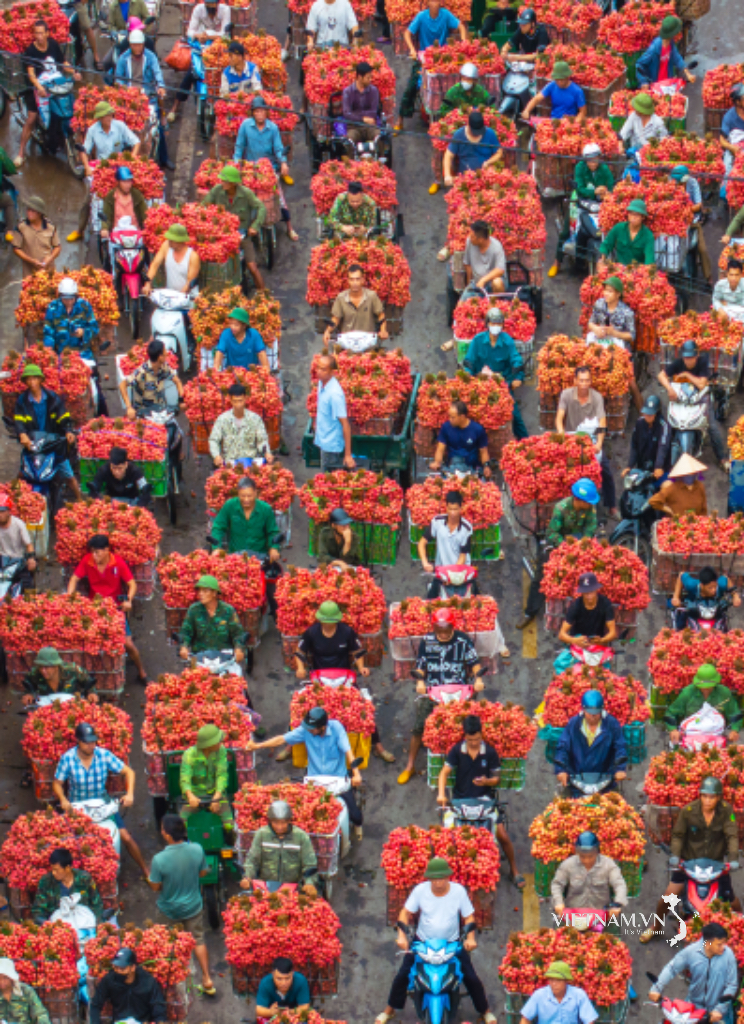

Comment (0)